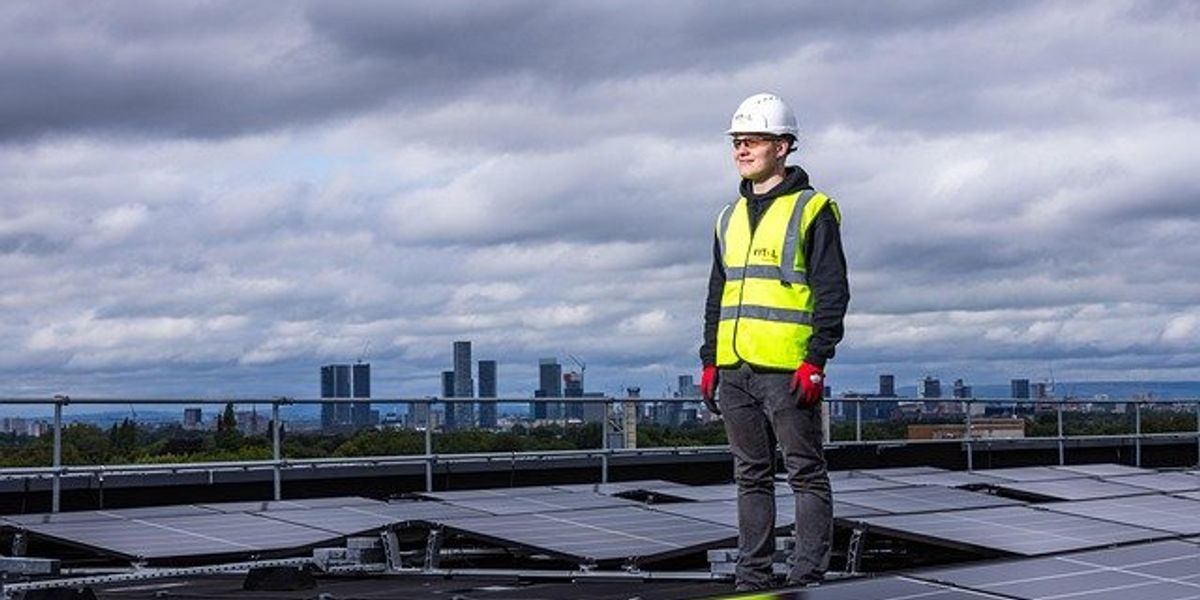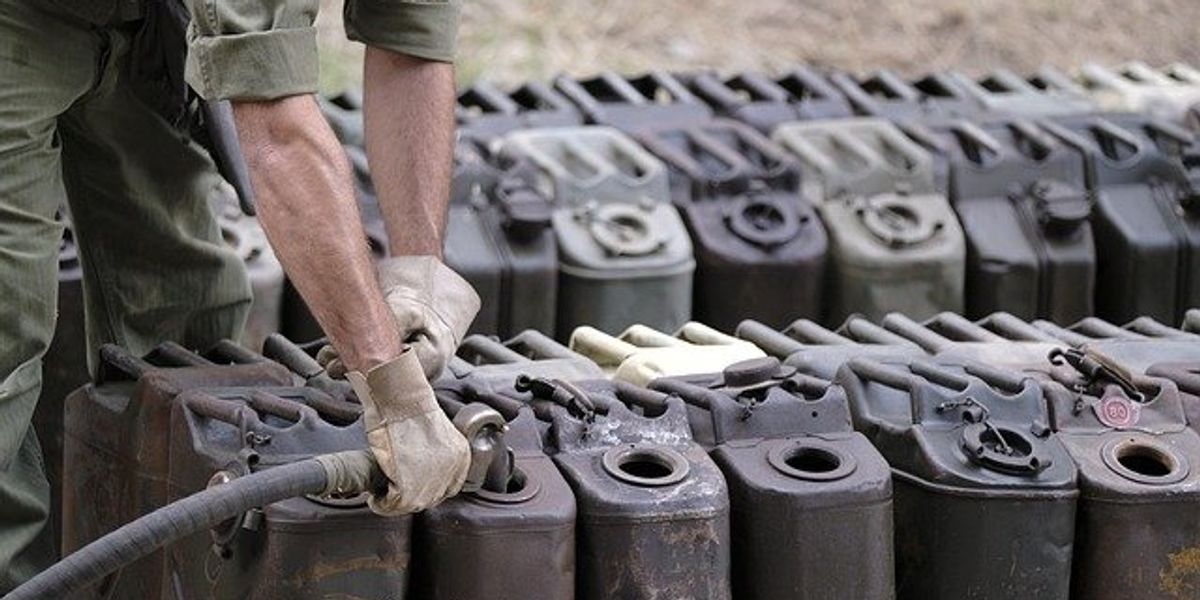
Fixing clothes is becoming a quiet, powerful rebellion against fast fashion
A global movement of visible mending is transforming the simple act of repairing clothes into a personal and environmental statement.
Kaja Šeruga reports for Reasons To Be Cheerful.
In short:
- Groups like the Edinburgh Street Stitchers are embracing public mending as a way to reduce textile waste and spark conversations about overconsumption.
- The fashion industry emits more carbon than aviation and shipping combined; extending a garment’s life by nine months can cut its environmental footprint by up to 30%.
- Once viewed as outdated or elitist, mending is increasingly regarded as a social, inclusive act that fosters community and mental health while resisting fast fashion culture.
Key quote:
“People are becoming more aware that the way we produce is harmful to people and the environment. It’s a smaller, quieter form of activism that I think is really exciting.”
— Sam Bennett, partner with Repair Shop
Why this matters:
From city streets to living rooms, people are sitting down with worn-out jeans and torn sweaters, patching them not with shame, but with intention. Teaching people to repair instead of replace clothing offers a simple, tangible way to protect health and climate while building community in the process. But it’s also personal. Mending becomes meditation. It’s a chance to reclaim a sense of agency, connect with others, and heal in more ways than one.
Read more: I tried to sew a compostable stuffed animal for my friend’s newborn. It did not go well.













